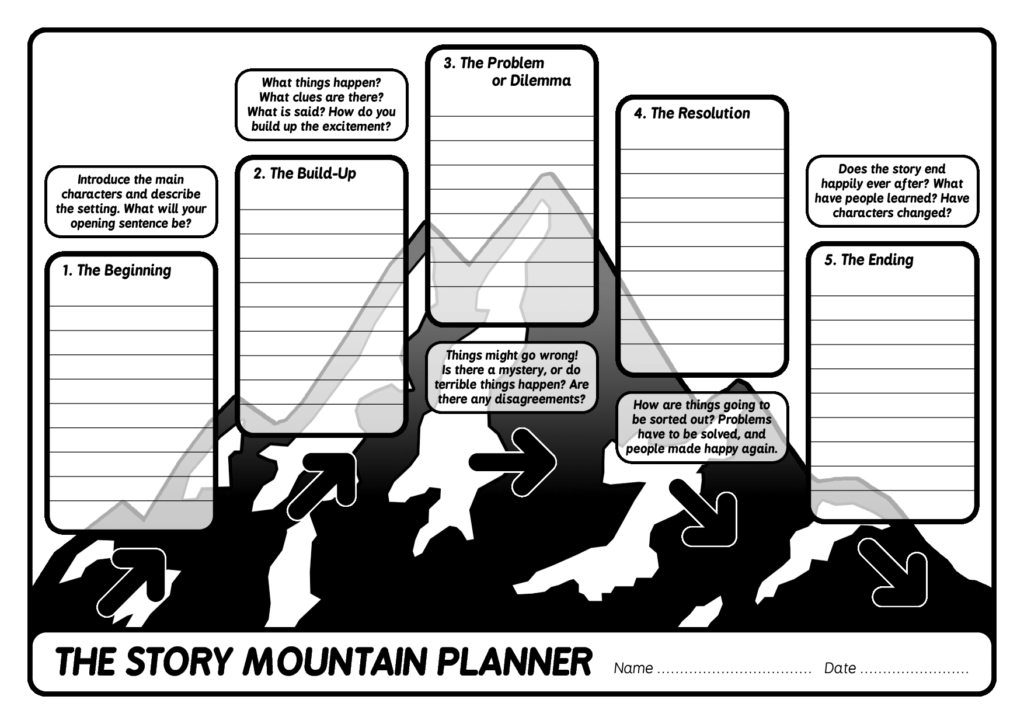I happened to come across this article about short stories:
that seemed to have quite a following.
Does writing short story really differs from longer ones when it comes to choosing the words? Should words in a short story really summarize better a meaning that you’d describe with longer sentences in a long story?
No, I don’t think the facts are related at all. Writing a short story literally and simply means to write a story that covers less events, a shorter time-span.
A story that has less to tell to the reader.
Choosing the right words
Choosing the right words is a must for both short and long stories. Words are emotions. Sentences are music.
In poetry, thought, the right words have to be different because poetry has a unique relationship with metric and musicality, compared with the prose in a (short or long) story.
“No Filler Words”? No, I can’t agree with that. In a short story you can use filler words, even useless sentences. Even useless subplots, theorically.
And simply as that, the more you want to describe events the longer your story will be. It’s a matter of story-time and/or discourse-time
It’s What happens versus How it happens! And yes, I really like this separation!
Play with the story time
Let’s make an example.
This is my morning: I call myself “Hero” just because I like the sound of it.
<<
Hero woke up late, that morning. He had slept like a log the entire night and when the alarm clock rang at 7:00, he had simply muted it and had continued to sleep.
Only when his hyper-active son woke up and jumped on his bed, Hero realised the sun was high in the sky and it was time to go.
A quick breakfast followed by a race against time made of choosing clothes, unwilling little boys, the remote of the garage door not working and his incapacity of controlling little brats. In the end, they were both late. The boy at kindergartner, and Hero at work.
>>
The story-time is my morning. It’s summarized in
- I woke up late
- I had various problems
- Because of them, I arrived late at work
Shortly, that’s all I wanted to tell, and since my morning wasn’t that interesting I needed just a couple of sentences to describe it
It is a (very) short story, and the story-time is just a couple of hours. The same short story can be made shorter or longer in various ways.
We can try to expand the scope to the day before for example (adding story-time), writing what led to some event, or we can try to add some useless details (adding discourse-time).
<<
Hero woke up late, that morning. He had slept like a log the entire night. He was so tired after the evening out with friends. Beer after beer, they’d lost track of time and, when he’d finally arrived home, it was so late the babysitter had complained for minutes, until he’d agreed to pay her more. When the alarm clock rang at 7:00, he had simply muted it and had continued to sleep. Indeed, the hangover from the night before hadn’t helped him at all.
Only when his hyper-active son woke up and jumped on his bed, removing the pillow that was covering his eyes from the morning light, Hero realised the sun was high in the sky and it was time to go.
A quick breakfast followed by a race against time made of choosing clothes, unwilling little boys, the remote of the garage door not working and his incapacity of controlling little brats. In the end, they were both late. The boy at kindergartner, and Hero at work.
>>
In short, we added (in bold) to our story-time the event of the previous evening, and some more details about the feelings of our Hero.
Notice that starting from this point, we can in theory even create an entire book. We just need to increase the story and discourse-times (the problems is keeping the story interesting, though!).
Plan a short story
A short story focuses on what’s important.
Here some questions you should aswer before beginning to write:
- How is it going to begin?
- What’s the aim of my story? What do I want to tell/describe? It may be an emotion, an event, describe a person, resolve a conflict, …
- Which time-span will the story cover? It may be indefinite, it may be a second or an year. You can cover 10 years in a story of a few word, for example:
<<
He looked at the calendar and only in that moment realised it wasn’t 2007 anymore. Ten years had passed, and the coma hadn’t left in him a single memory of them.
>>
- How much is it right to describe events and things, for the story to flow naturally? If I had used 10.000 words to describe my morning above, it would have probably sounded way off, tedious, right?
- How is it going to end?
I’ll come back with the analysis of one of my short(est) stories soon, it can be a good excercise, indeed.

***
What about you? What’s your POV about short stories and their differences with poetry and books? How do you plan your short stories?

